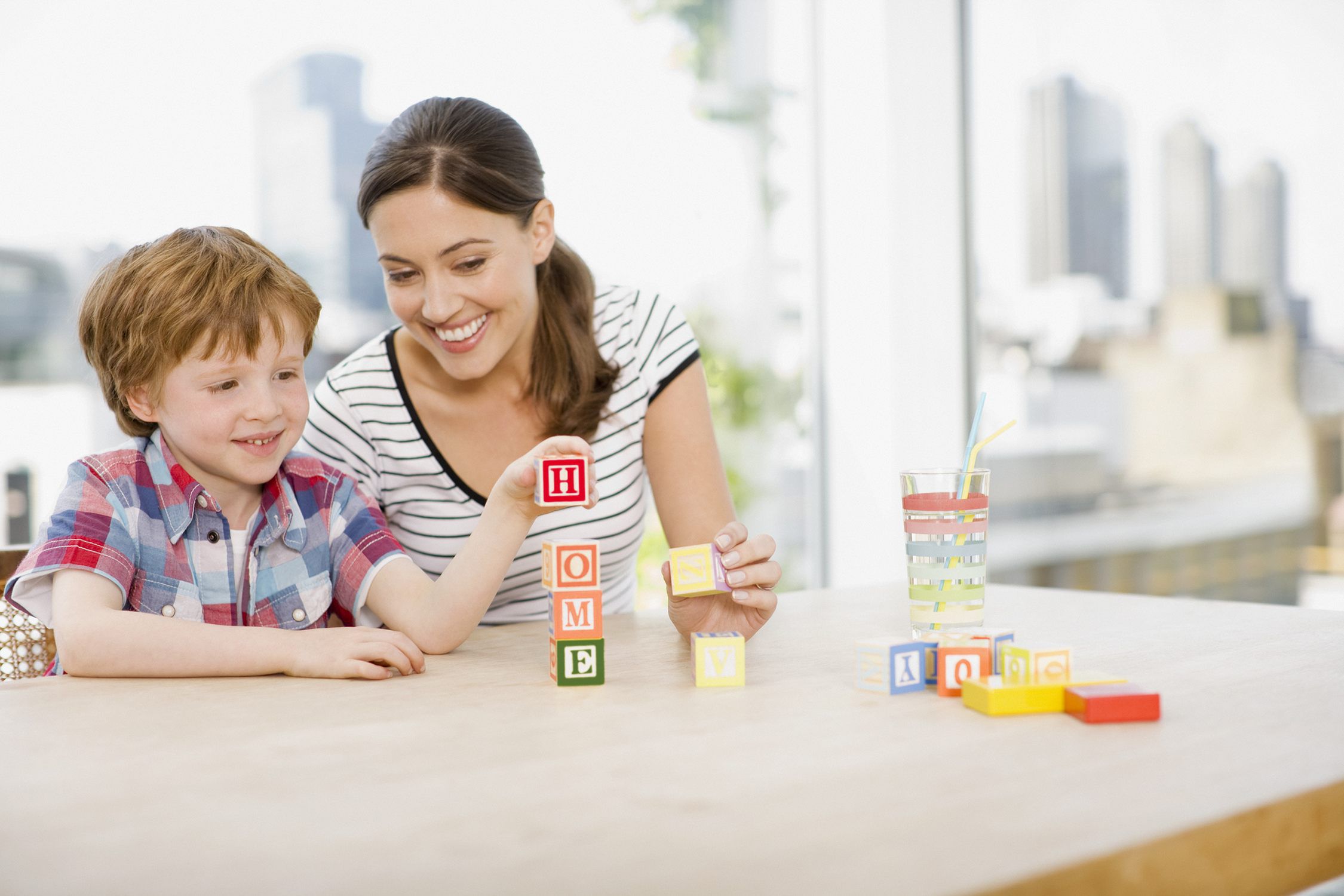Fun learning exercises for 4-year-olds
Categories: Kids Study

Fun learning exercises for 4-year-olds
There are heaps of games and exercises you can give a shot with your little ones to have some good times together and get them creating talking and listening abilities, building jargon, counting and other early education and numeracy abilities.
Games and exercises
1. Peruse books together
Peruse books, everything being equal, to your youngster: picture, words and pictures, spring up, data and verse
Why not pick a free eBook from our library to share on-screen together?
What youngster does not cherish hearing a decent story? Visit our narrator page to watch recordings of narrators perusing most loved customary stories.
2. Go to the library
Visiting the library is an extraordinary method for investigating books together. The library allows your youngster the opportunity to find, flick through and browse many various kinds of books, including fiction, verifiable and verse. Numerous libraries have singing or rhyming meetings for pre-younger students. The best part is that it is some place enjoyable to disappear to on a stormy day!
3. Sing counting tunes
Singing assists youngsters with fostering their talking and listening abilities and to play around with words. Counting tunes, similar to '1, 2, 3, 4, 5 … Once I got a fish alive', can assist your youngster with playing around with numbers.
Different tunes, for example, 'Ten Green Bottles' or 'Three Little Frogs' advancement in turn around request, which can be particularly useful when small kids begin pondering adding and removing. Involving fingers as counters can be a valuable method for making a visual connection among numbers and amount.
4. Reorder
Utilizing scissors is a valuable expertise and is an incredible method for creating co-appointment, control and develop fortitude. Numerous youngsters find scissors interesting to dominate so they need bunches of training.
Make paper chains together or request that they find specific photographs in magazines and lists (by variety or different classifications) to remove and afterward stick them into their own photos.
5. Sprucing up
Sprucing up and pretend are extraordinary open doors for talking and tuning in and for creative play. Reasonably speaking, a tomfoolery sprucing up meeting can assist your kid with working on getting themselves dressed. You can fit in a subtle piece of preparing with those precarious zips, armholes, and buttons.
6. Play math’s games
Attempt these fun interactive games with your little ones to rehearse math’s abilities and help to construct your youngster's certainty. Most youngsters love messing around and it is a simple method for supporting their learning.
7. Cook together
Cooking with your youngster is not just tomfoolery however it is an incredible method for starting to discuss math - counting eggs for a cake recipe, more or fewer fixings for a pizza. Allow them to pour fluids or spoon flour to foster eye-hand co-appointment and control. The best part is that you both get to partake in a delectable treat toward the end!
There are numerous fun learning exercises that can engage and educate kids. Here are some ideas across different subjects:
Language and Literacy:
Word scavenger hunt: Create a list of words related to a specific theme or category and have kids find objects around the house that match those words.
Storytelling: Encourage kids to create and tell their own stories, fostering imagination, creativity, and language skills.
Word building: Provide letter tiles or magnetic letters and challenge kids to form as many words as possible within a time limit.
Math:
Math in the kitchen: Involve kids in measuring ingredients, counting, and fractions while baking or cooking.
Money matters: Set up a pretend store or play "shopkeeper" where kids use play money to practice counting, adding, and subtracting.
Shape and pattern hunt: Ask kids to find objects around the house that represent different shapes or create patterns using everyday items.
Science:
Nature exploration: Take kids on a nature walk, encouraging them to observe plants, insects, and animals. Discuss their findings and spark curiosity.
Simple experiments: Perform easy science experiments using household items, such as making a volcano with baking soda and vinegar or growing plants from seeds.
Sink or float: Gather various objects and predict whether they will sink or float in a container of water. Test the hypotheses and discuss the results.
Social Studies:
Map exploration: Introduce maps and globes to kids and help them locate different countries, states, or landmarks. Play interactive map games to make it fun.
Cultural exploration: Choose a different country each week and explore its traditions, food, clothing, and landmarks. Encourage kids to create crafts or cook a dish from that culture.
Time travel: Introduce historical figures and events through storytelling or role-playing, allowing kids to immerse themselves in different time periods.
Art and Creativity:
Drawing challenges: Provide a theme or a specific object for kids to draw and let their imagination run wild. Set time limits for added excitement.
Collage-making: Gather old magazines, newspapers, and art supplies. Have kids create collages based on specific themes, such as animals or emotions.
Puppet shows: Encourage kids to create their own puppets using socks, paper bags, or craft materials. They can write a script and perform a puppet show.
Remember to tailor the activities to the age and interests of the child, making learning enjoyable and engaging.